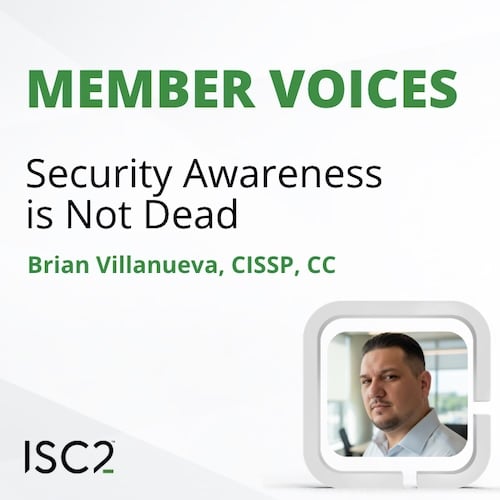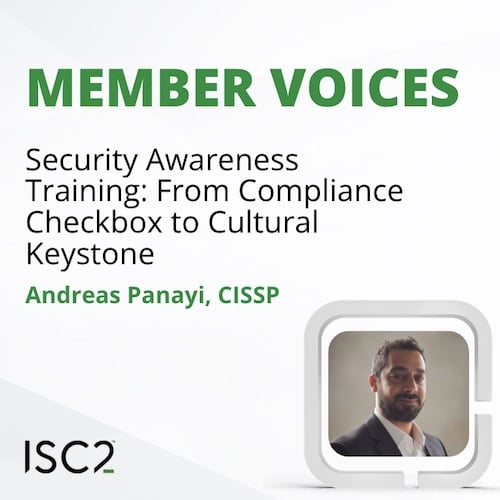Er. Tapan Jatakia, CC, is a researcher, innovator, mentor and advisor in the domains of cybersecurity and threat intelligence with a passion for interweaving data science, machine learning and artificial intelligence along with IT/cybersecurity to study and conduct research and development.
World Password Day is an annual event celebrated on the first Thursday of May to promote password security awareness and best practices. May 7, 2013, marked the first observance of World Password Day, which aims to raise awareness about the significance of employing robust, distinct, and intricate passwords for safeguarding online accounts and personal data.
World Password Day is globally celebrated as password security is an essential facet of online security, and all internet users must comprehend the hazards associated with weak passwords. Cybercriminals are constantly evolving their tactics to steal passwords and gain access to sensitive data. By promoting password security awareness and best practices, we can help individuals and organizations protect themselves against these threats.
During World Password Day, individuals and organizations are encouraged to review their password security practices and make any necessary changes to strengthen their password protection. These changes may include using a password manager to generate and store strong and unique passwords, enabling two-factor authentication, and regularly changing passwords.
In addition, many cybersecurity experts and organizations use World Password Day as an opportunity to share tips and best practices for password security through webinars, blog posts, and social media campaigns. These efforts aim to educate individuals and raise awareness about the importance of password security to reduce the risks of cyberattacks and data breaches.
In the present era of technology, passwords have become an indispensable aspect of our everyday routine. We use them to log in to our online accounts, access sensitive information, and conduct financial transactions. However, the widespread use of passwords has also led to numerous misconceptions and myths that can put our security at risk. This article explores the ten common password myths and their corresponding realities to help you better understand password security.
Myth #1: Longer passwords are always better.
Reality: Length alone does not make a password stronger. A longer password consisting of simple words and phrases is easier to crack than a shorter password comprising a combination of random letters, numbers, and symbols. It is essential to use a mix of characters to create a strong password.
Myth #2: You should change your password every 30-60 days.
Reality: While it is essential to change your password periodically, there is no hard and fast rule on how often you should do it. Instead, you should change your password if there is a risk of a breach or if you suspect that someone has access to your account.
Myth #3: Using special characters and numbers makes your password more secure.
Reality: While using special characters and numbers can develop your password more secure, it's not a silver bullet. While a password composed of a sequence of letters, numbers, and symbols is better than one consisting of only letters, it is still susceptible to attacks.
Myth #4: Password managers are not safe.
Reality: Password managers are an excellent tool for managing multiple passwords securely. They use encryption to store your passwords and require a master password to access the password database. The risk of a data breach is much lower than using weak passwords or reusing passwords across multiple accounts.
Myth #5: Passwords don't matter if the website is secure.
Reality: A weak password can put your account at risk even though a website is secure. Hackers can use brute-force attacks to crack weak passwords and gain access to your account.
Myth #6: Using the same password across multiple accounts is safe.
Reality: Using the same password across multiple accounts is a significant risk. If one account is compromised, all your other accounts are also vulnerable. It's essential to use unique passwords for each account.
Myth #7: Two-factor authentication is unnecessary if you have a strong password.
Reality: Two-factor authentication adds an extra layer of security to your account. Even if a hacker cracks your password, they still need access to your phone or email to complete the authentication process.
Myth #8: Password strength meters are always accurate.
Reality: While password strength meters can give you a general idea of the strength of your password, they are not always accurate. Some meters may not consider popular password-cracking techniques or the sophisticated hardware resources available to hackers, while others may not factor in the usage of a password manager.
Myth #9: Changing one character in your password makes it secure.
Reality: Changing one character in your password is not enough to make it secure. A method hackers use to crack passwords is the dictionary attack, which involves searching through a list of commonly used words and phrases.
Myth #10: Complex passwords are hard to remember.
Reality: Creating a complex password can be challenging to remember, but there are several techniques you can use to make it easier. One technique is to create a passphrase by using a random combination of words that are easy to remember.
Password security is essential in today's digital world. By understanding the realities of password security and dispelling common myths, you can better protect your sensitive information from hackers and cyber threats. Remember to create unique passwords for each account, use two-factor authentication, and consider using a password manager to keep your passwords secure. Stay safe online.


